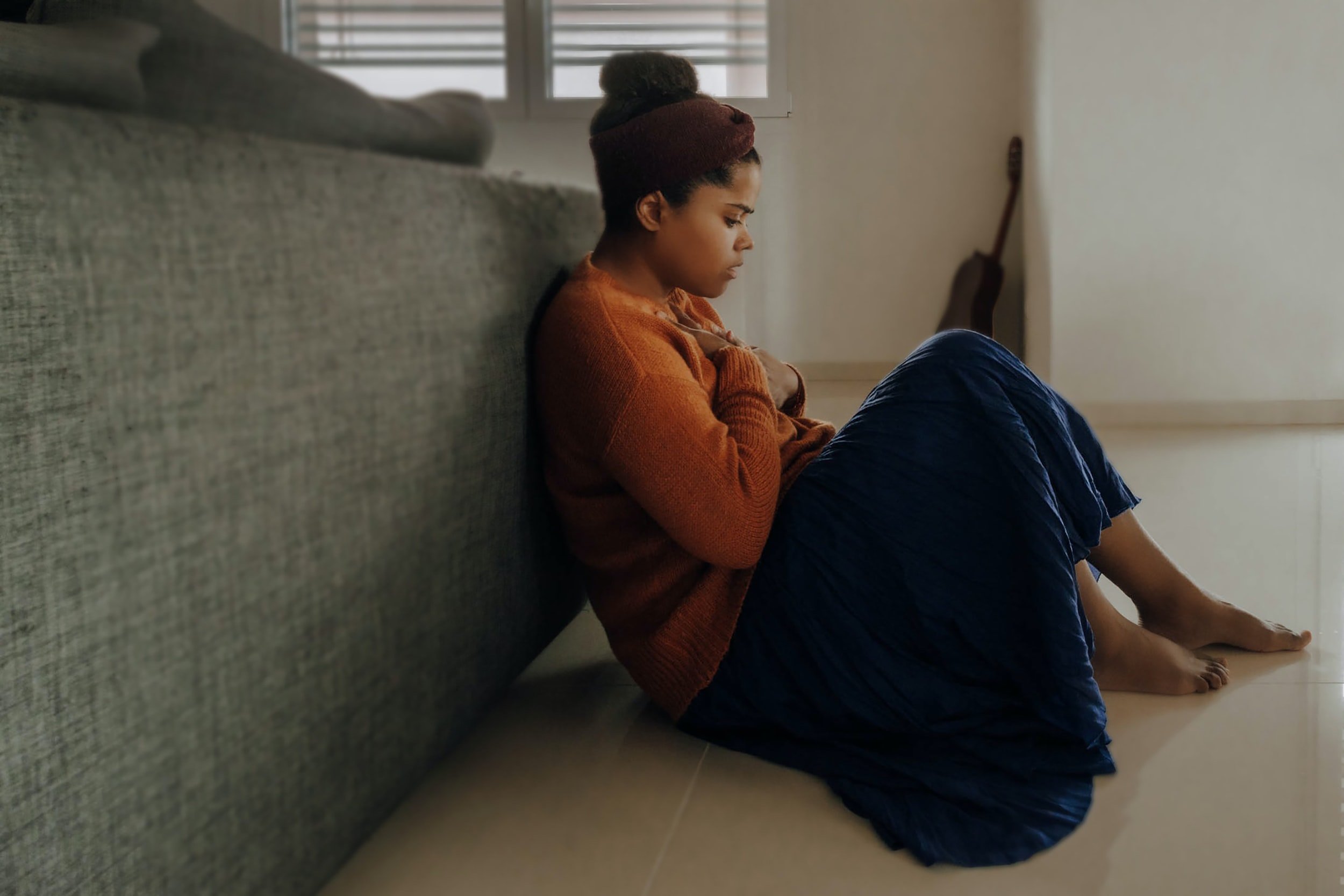Anxiety: The Uninvited Guest We All Have to Learn to Live With
Anxiety is a feeling of worry, nervousness, or unease about something with an uncertain outcome. It's a normal and often healthy emotion, but it can become overwhelming and interfere with daily activities when it's excessive and chronic. Anxiety disorders are the most common mental health disorders in the United States, affecting millions of people each year.
Symptoms of anxiety can manifest in different ways, including physical symptoms such as a racing heart, sweating, and muscle tension, as well as emotional symptoms such as fear, worry, and irritability. People who experience anxiety may also have trouble sleeping, concentrating, and making decisions.
Anxiety disorders can take many forms, including generalized anxiety disorder, panic disorder, social anxiety disorder, and specific phobias. Each type of anxiety disorder has its own unique set of symptoms and causes, but they all share one common feature: excessive and irrational fear or worry.
The exact cause of anxiety disorders is not known, but a combination of genetic, environmental, and psychological factors likely play a role. Trauma, abuse, and early life stress can also contribute to the development of anxiety.
Treatment for anxiety can include therapy, medication, or a combination of both. Cognitive-behavioral therapy (CBT) is a common form of therapy that helps people learn to recognize and change negative patterns of thinking and behavior. Medications such as antidepressants and anti-anxiety medications can also be effective in managing symptoms.
Eating well-balanced meals, getting enough sleep and regular exercise can help reduce anxiety symptoms. It's important to seek professional help if anxiety is interfering with daily activities and causing significant distress.
It can be easy to feel alone in experiencing anxiety, as it is often an invisible condition. You may not always be able to tell when someone is struggling with anxiety, and it can be difficult to express how you feel to others. However, it is important to remember that you are not alone in this experience. In fact, anxiety disorders are some of the most common mental health conditions, affecting millions of people worldwide.
It's also important to have a support system. This can be friends, family members, or support groups who understand what you are going through. Talking to someone who understands can be a big help in managing your anxiety.
In conclusion, anxiety is a common condition that affects many people. It is important to know that you are not alone in this experience and that there is help available. Remember to take care of your physical health, seek professional help and have a support system that can help you.
For more information, visit Anxiety Disorders
Cleveland Clinic. (2023). Anxiety disorders: Types, causes, symptoms & treatments. Cleveland Clinic. Retrieved January 13, 2023, from https://my.clevelandclinic.org/health/diseases/9536-anxiety-disorders
Hirschlag, A. (2022, June 2). How to cope with anxiety: 13 simple tips. Healthline. Retrieved January 13, 2023, from https://www.healthline.com/health/mental-health/how-to-cope-with-anxiety
Mayo Clinic Staff. (2018, May 4). Anxiety disorders. Mayo Clinic. Retrieved January 13, 2023, from https://www.mayoclinic.org/diseases-conditions/anxiety/symptoms-causes/syc-20350961
